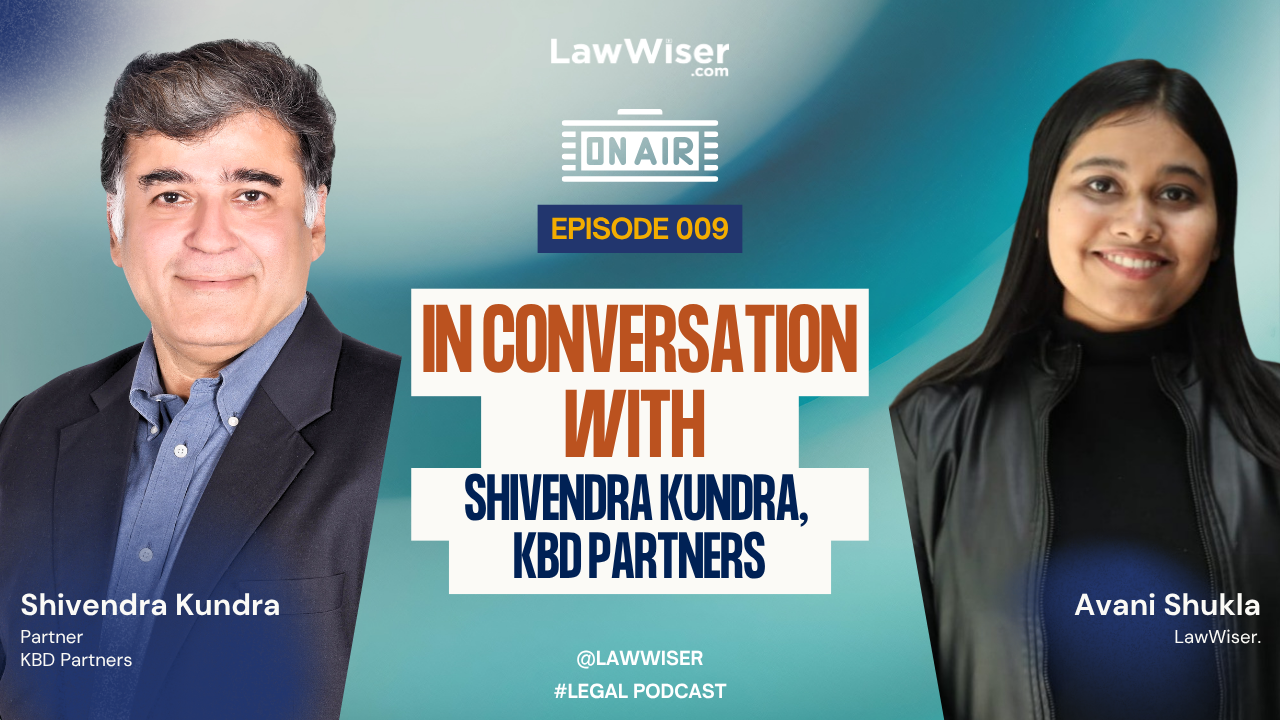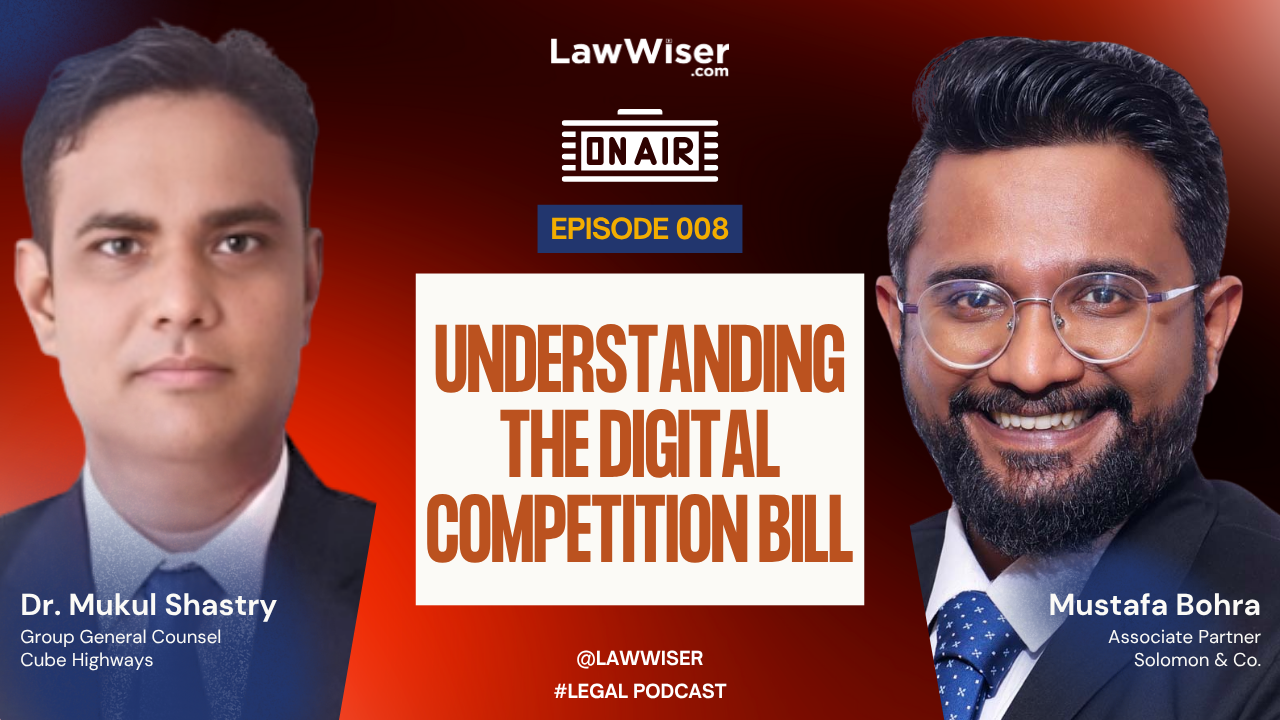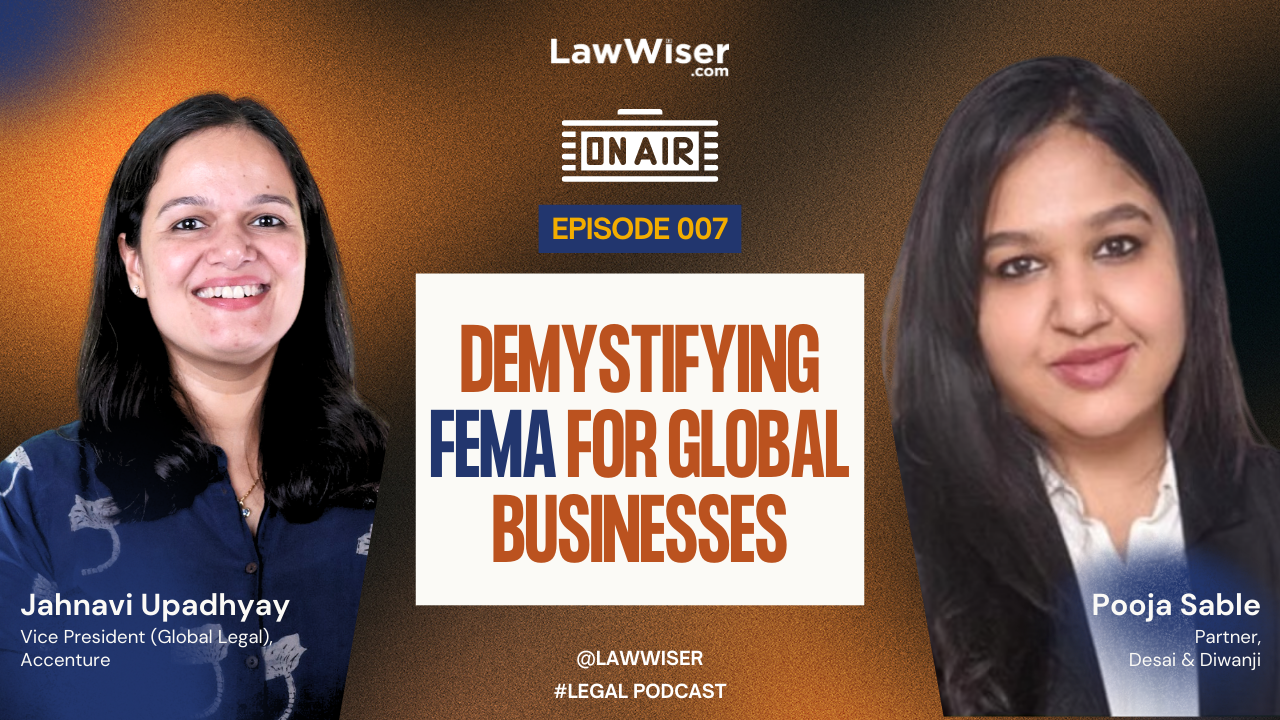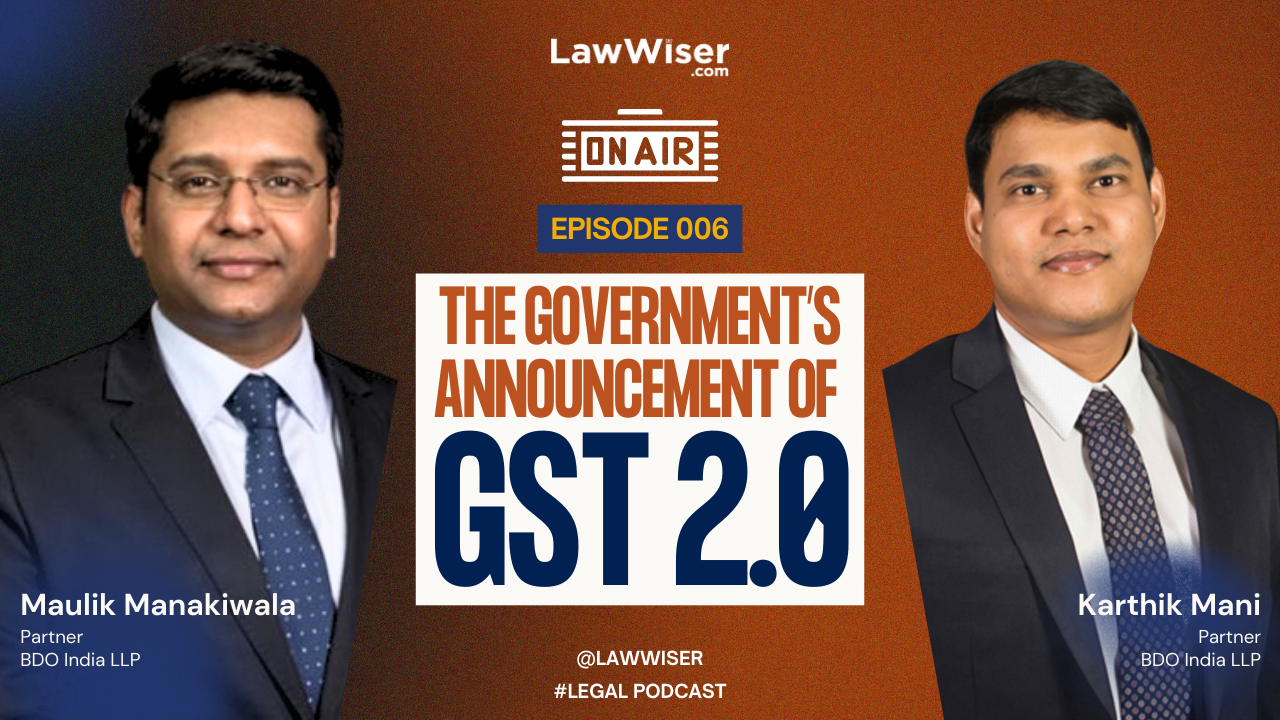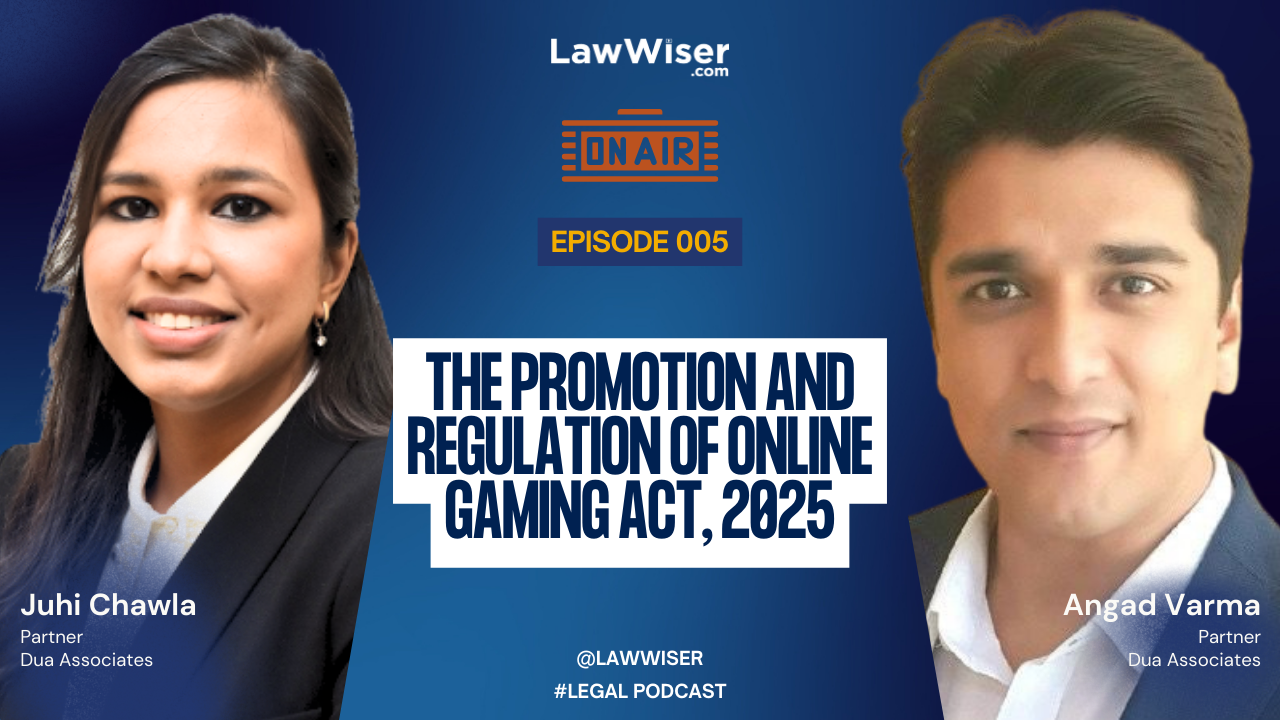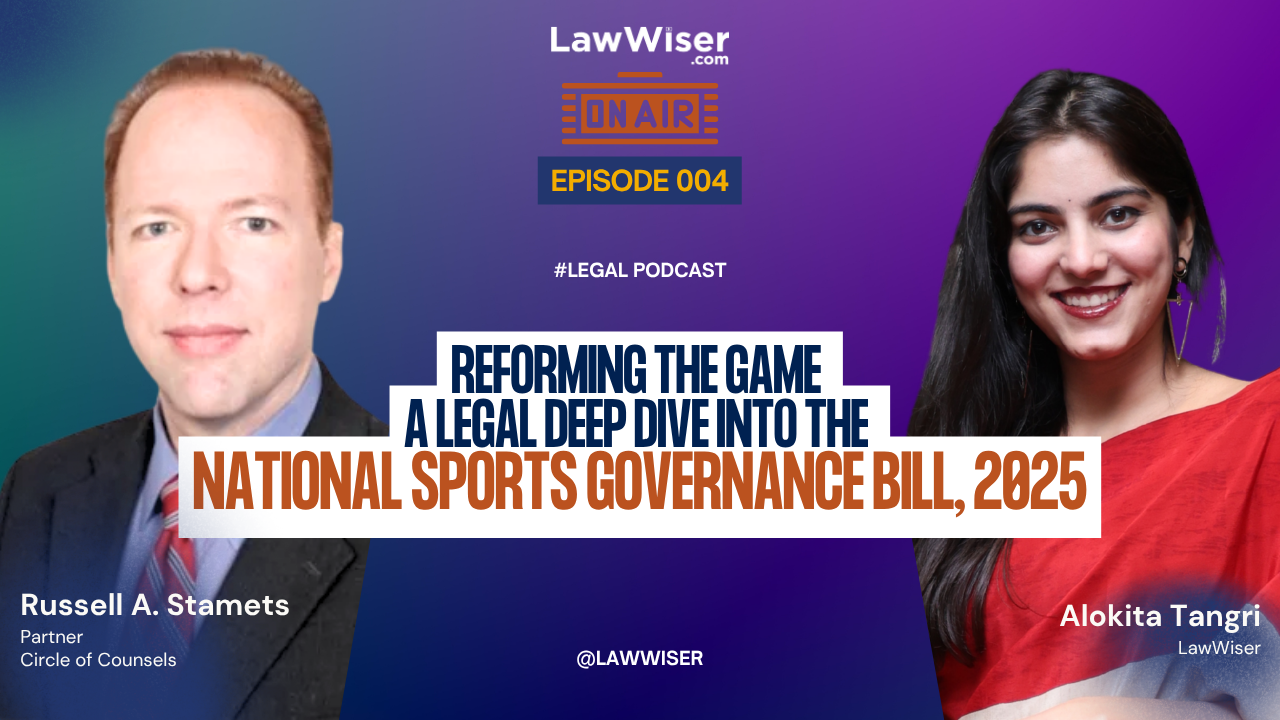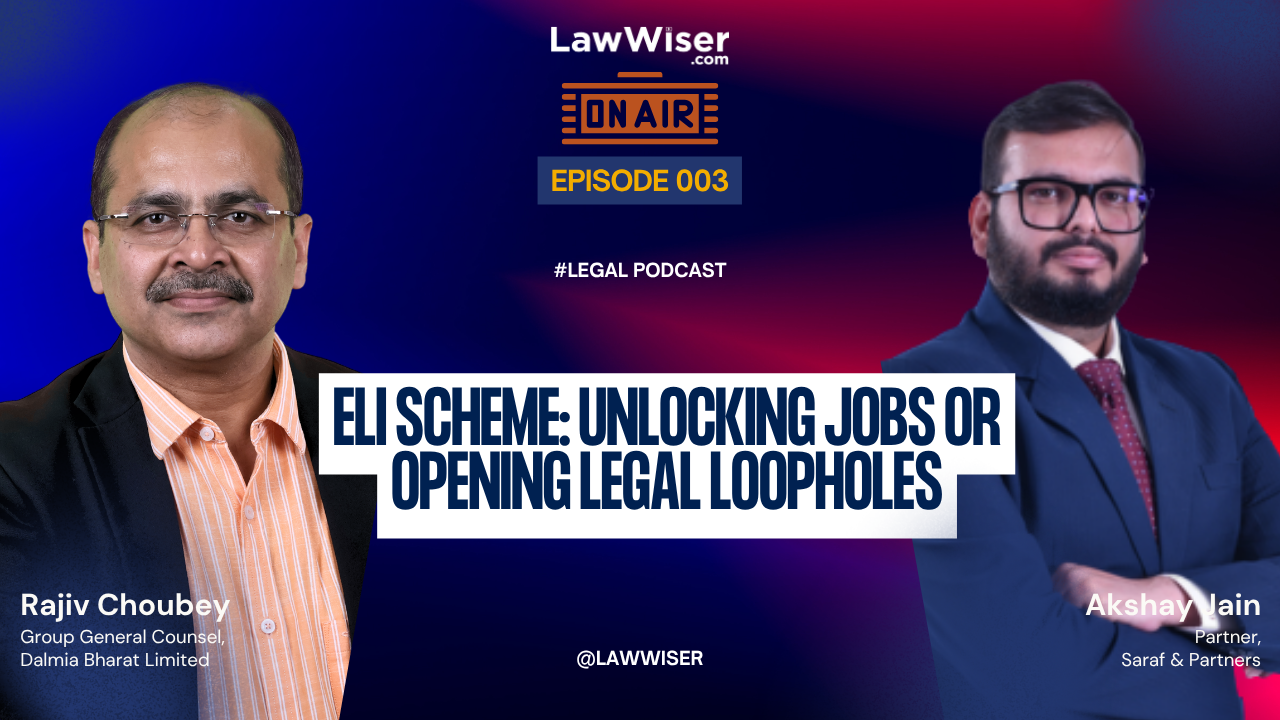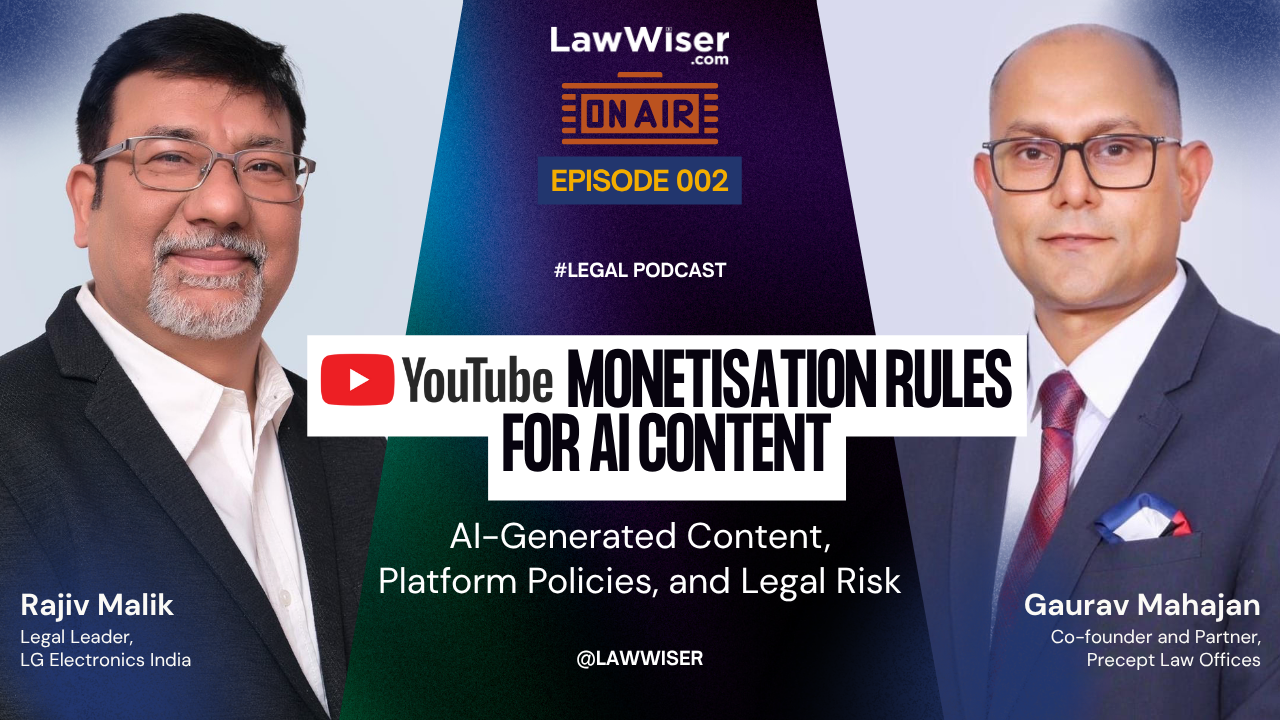QuickBytes – Section 69 A of the IT Act (Information Technology Act), 2000
QUICKBYTES – SECTION 69 A OF THE IT ACT (INFORMATION TECHNOLOGY ACT), 2000
Section 69 A of the Information and Technology Act, 2000 empowers the Central Government to issue directions to block public access to any information through any computer source. When the Central Government or any officer specially authorized by it is satisfied that it is necessary in the interest of the sovereignty and integrity of India, it may issue an order to block public access to such information.
Tune into this video where LawWiser takes you through Section 69 A of the Information Technology Act, 2000. We will also note the powers of the Central Government under Section 69 A, some instances related to it in India, and debates surrounding the topic.
SECTION 69(A) OF THE IT ACT, 2000
As technology is rapidly developing, specific rules and regulations are needed to watch crimes emerging from such technology.
One such act is known as ‘Information and Technology Act, 2000″.
Let us first know about the act in brief.
What is IT Act, 2000?
The IT Act, 2000 specifies crucial rules and regulations, which prominently allow the framework to govern the acts about electronic governance, such as electronic records and digital signatures.
Moreover, it also throws light on cybercrimes and crimes being overall related to the internet world. The act provides specific penalties for such crimes.
IT Act, 2000 covers all the crimes related to computers and devices relating to India, even if it pertains outside India.
Section 69 (A) of the IT Act 2000
Every other section in the act is crucial, but Section 69 (A) of the IT Act, 2000 is vital to discuss because of the incidents that have taken place.
Sec 69 (A) of the IT Act, 2000 prescribes the restriction on some public information.
Only some information is decided to be kept confidential, which the government decided depending on the sensitivity of such information.
Thus, in some cases, the government can restrict access to such information under the Sec 69 (A) of the IT Act, 2000.
Power of Central Government and Agencies in Sec 69 A
Section 69 A of the IT Act, 2000 empowers the Central Government to issue directions to block public access to any information through any computer source.
When the Central Government or any officer specially authorized by it is satisfied that it is necessary in the interest of the sovereignty and integrity of India, it may issue an order to block public access to such information.
Sec 69 A of the IT Act, 2000 also gives power to Central Government to remove the objectionable content from social media. On 20 December 2018, Central Government ordered the agencies to monitor such content.
Some of those agencies were CBI, NIA, RAW etc.
Instances related to Sec 69 A in India
Recently, there was debate regarding the blocking of apps like Instagram, Facebook, Whatsapp etc. Central Government ordered that the social media apps having more than 5 million followers should adopt a 3 tier due diligence system for monitoring the content.
Hence, the debate revolved around the ‘Privacy Concerns” and “Freedom of Speech” of people being so far related to such social media apps.
In the recent case of ANURADHA BHASIN V. UNION OF INDIA, it was stated by the Supreme Court that if the freedom of speech of any person is infringed, then such person could challenge it in the court.
RECENT DEBATE SURROUNDING THE TOPIC AND CONCLUSION
- The very first instance that took place was in 2020 when the govt. Blocked 59 Chinese apps due to the security and sovereignty of the state.
- The Second instance related to Sec 69 A of the IT Act, 2000, was when the Jio users were unable to access websites like Telegram and were further issued notices from the Department of Communication.
WAY AHEAD
The debate concerning Sec 69 A of the IT Act, 2000 will not end anytime soon since it involves ‘Privacy’ and ‘Freedom of Speech’. Thus, it is crucial to keep an eye on the amendments and rules in the IT Act, 2000.



